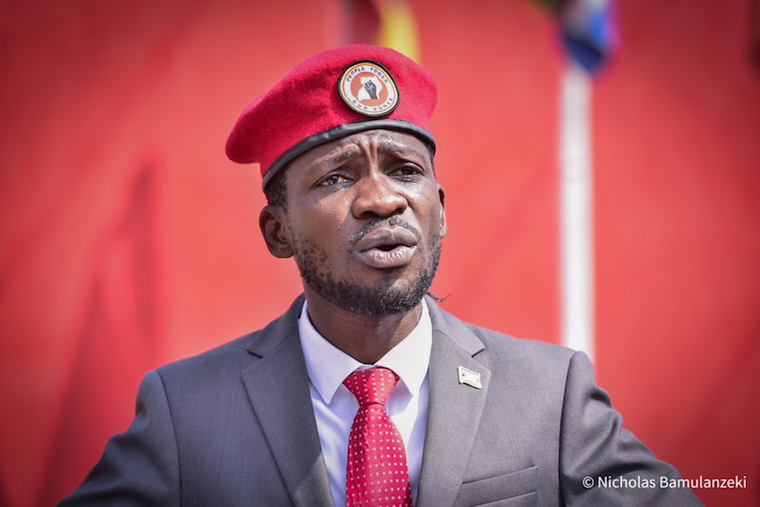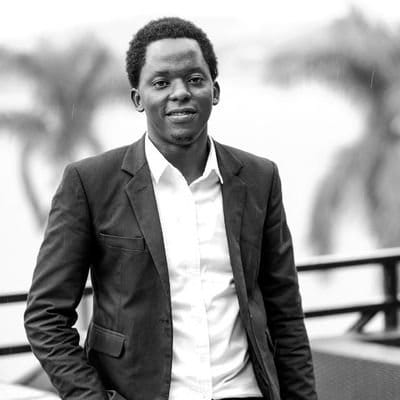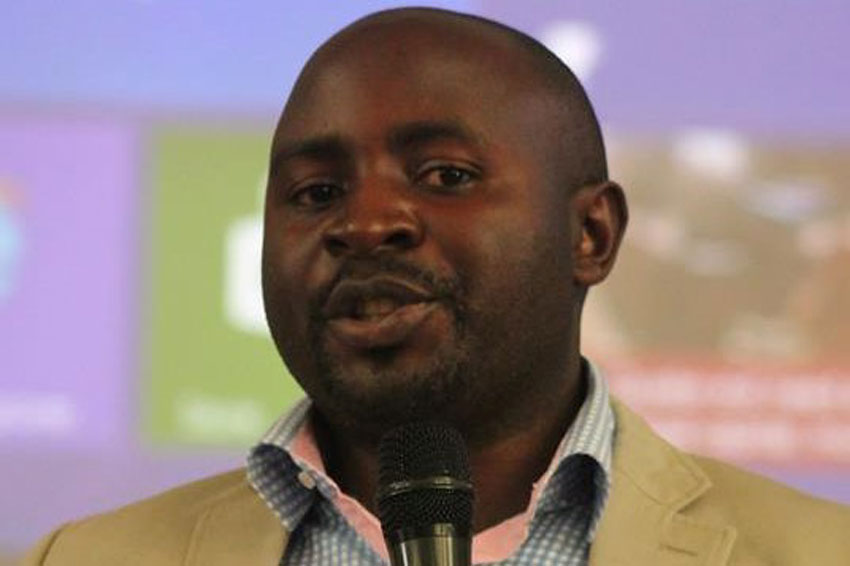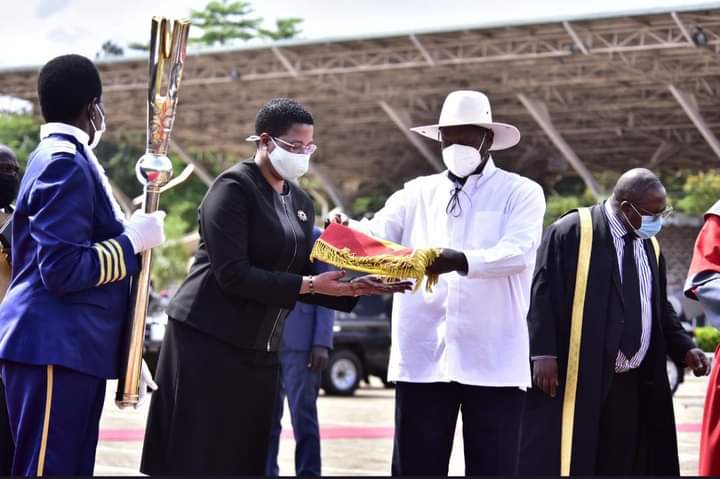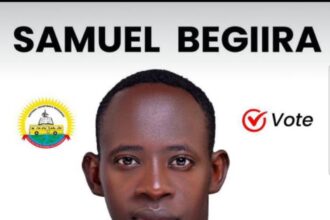In April 2017, Robert Kyagulanyi alias Bobi Wine burst onto the political scene by announcing his candidacy for parliament in a by-election for Kyadondo County East constituency, marking his entry into active politics. His unconventional door-to-door walking campaign style, coupled with his burgeoning popularity, drew attention both domestically in Uganda and internationally. However, it was the powerful tool of Social Media that truly amplified his message, reaching audiences far and wide.
As a former music star, Bobi Wine and his team had honed their skills in utilizing social media platforms, effectively turning it into a formidable weapon in his political arsenal. This strategic move significantly bolstered his campaign, enabling him to engage with voters on a scale previously unseen. His appeal as a fresh voice for the youth, coupled with his distinctive Rastafarian identity challenging conventional notions of leadership, further elevated his popularity during the campaign.
Bobi Wine’s entry into politics marked a seismic shift in perception, inspiring millions across various sectors of society. This surge in support translated into a resounding victory in the by-election, where he triumphed over seasoned candidates from both the ruling National Resistance Movement (NRM) party and the main opposition party, Forum for Democratic Change (FDC).
While many political novices might have been content with serving a couple of terms as a legislator, Bobi Wine harbored grander aspirations. He emerged as a pivotal figure within the opposition, earning the moniker of a political Messiah. His influence was such that his endorsement became a coveted asset for candidates vying in subsequent by-elections, a testament to his widespread appeal and grassroots support.
In 2018, Robert Kyagulanyi, popularly known as Bobi Wine, further solidified his political clout by spearheading victories in numerous by-elections, often prevailing over candidates from both the NRM and FDC. Central to his success was his adeptness in harnessing the power of social media, a domain where many seasoned politicians lagged behind. Bobi Wine’s mastery of this medium not only revolutionized political campaigning in Uganda but also underscored the transformative potential of digital platforms in shaping contemporary politics.
The Icebreaker
On August 14, 2018, supporters of independent parliamentary candidate Kassiano Wadri reportedly obstructed and attacked President Museveni’s convoy in the northern town of Arua. The incident escalated when Museveni’s motorcade was pelted with stones, sparking clashes between security forces and protesters. It would be accurate to say that the Arua By-election significantly impacted the trajectory of Bobi Wine’s political journey
Amidst the turmoil, Bobi Wine utilized social media to expose the deliberate shooting at his vehicle by police, resulting in the death of his driver. Bobi Wine’s arrest inadvertently fueled public outcry, igniting a global movement with the hashtag “Free Bobi Wine” resonating across continents.
The pivotal role played by Bobi Wine’s social media team during his detainment cannot be overstated. Their adept management of online platforms amplified his voice, garnering international attention and support. This strategic campaign propelled Bobi Wine, a former ghetto resident once dismissed as a mere musician, into a formidable political force challenging the entrenched regime led by ‘Ssabalwanyi’ and his military allies.
The widespread “Free Bobi Wine” campaign significantly contributed to Bobi Wine’s decision to contest against Gen Museveni in the 2021 general elections. Moreover, it compelled senior opposition figures, who had initially doubted Bobi Wine’s political acumen, to align themselves with his cause.
Social media proved instrumental in elevating Bobi Wine’s profile on the global stage. His fame transcended borders, earning him recognition in prestigious publications like the New York Times magazine’s list of influential individuals. Yet, despite this acclaim, the trans-formative power of social media in reshaping Bobi Wine’s public image and political aspirations often goes unacknowledged.
Throughout his presidential campaigns, Bobi Wine effectively utilized social media as a primary tool to engage both domestic and international audiences. By leveraging these platforms, he not only exposed government abuses but also consolidated his support base and disseminated his political message effectively. Moreover, his party members have followed suit, utilizing social media to showcase their dedication to the cause and highlight the failures of the state.
The Double Edged Sword
In the grand narrative of political evolution, the axiom “what goes around comes around” rings particularly true for Bobi Wine and his National Unity Platform (NUP). The very instrument that catapulted them into the limelight, namely social media, now presents a formidable obstacle that could potentially spell Bobi Wine’s downfall. While Bobi Wine’s adept utilization of social media effectively shone a spotlight on the inadequacies of Gen Museveni’s regime, it has become evident that he struggles to reign in the unchecked fervor of his online supporters.
What once seemed like a grassroots movement powered by genuine grievances and aspirations for change has now transformed into a digital juggernaut with a propensity for excess. Bobi Wine’s social media army, once a potent force for advocacy, has morphed into a relentless machine that brooks no dissent and tolerates no critique of its leader. This online echo chamber has constructed an image of Bobi Wine as an untouchable figure, impervious to error and beyond reproach.
However, the landscape of politics is unforgiving, even for the most charismatic leaders. The likes of Henry Kissinger, towering figures in the annals of diplomacy, have not been immune to missteps. What sets great leaders apart is not the absence of mistakes but rather the ability to acknowledge them, learn from them, and emerge stronger. Yet, within Bobi Wine’s digital dominion, such humility appears conspicuously absent, replaced instead by an unwavering devotion that borders on idolatry.
Thus, the conundrum facing Bobi Wine lies not only in navigating the treacherous waters of Ugandan politics but also in taming the digital behemoth he helped create.
The challenge is twofold: to harness the immense potential of social media as a tool for change while tempering its destructive tendencies. Failure to strike this delicate balance risks not only Bobi Wine’s political credibility but also the very integrity of the movement he represents. For in the age of digital democracy, the line between empowerment and tyranny is thinner than ever before.
The sad part of this, is that social media platforms have become fertile ground for fake news and propaganda as evidenced in many videos where very naive individuals come out and abuse some party leaders because they differ from the views of Bobi Wine. Hyper-partisan blogs are generating more engagement than content from real news sites and this has made the party look ununited and beyond reconciliation, this is likely to birth the downfall gradually.
Bobi Wine must know that losing some credible party members due to the insults and propaganda by his social media crusaders, is a dangerous gear since in real politics every member lost is a confirmed failure somewhere.
Do you have a story in your community or an opinion to share with us: Email us at Submit an Article



